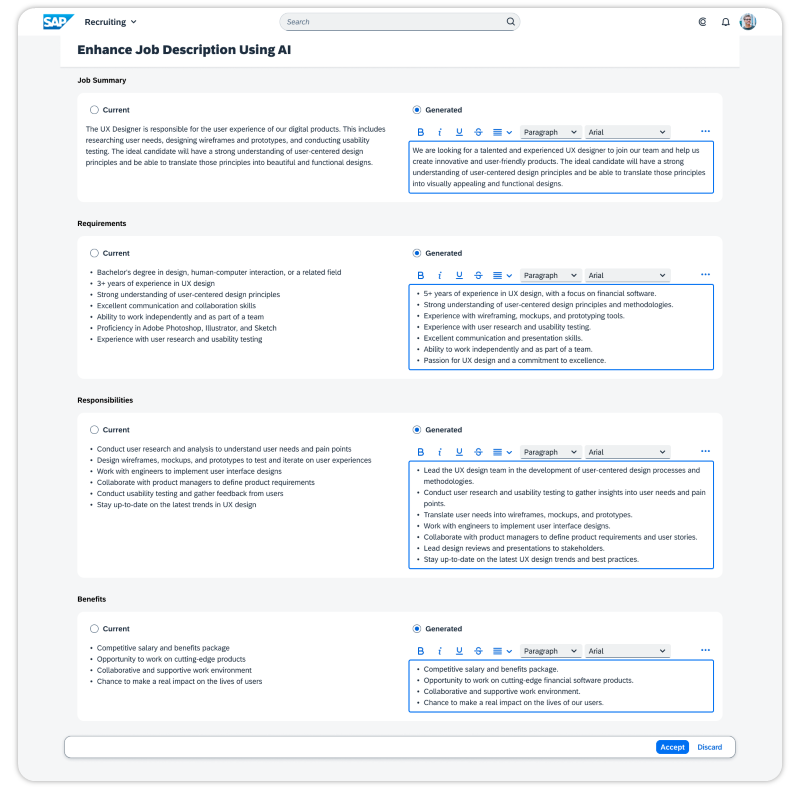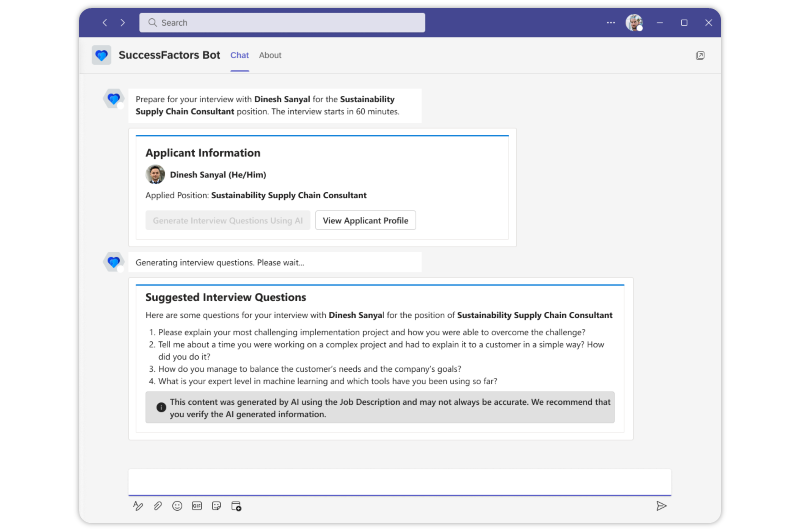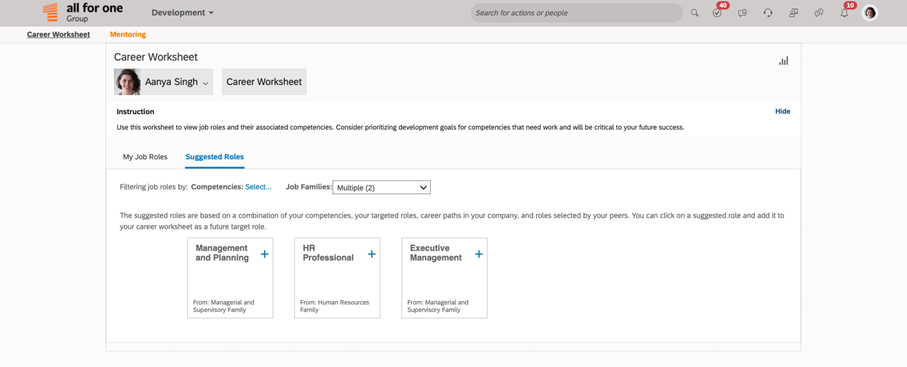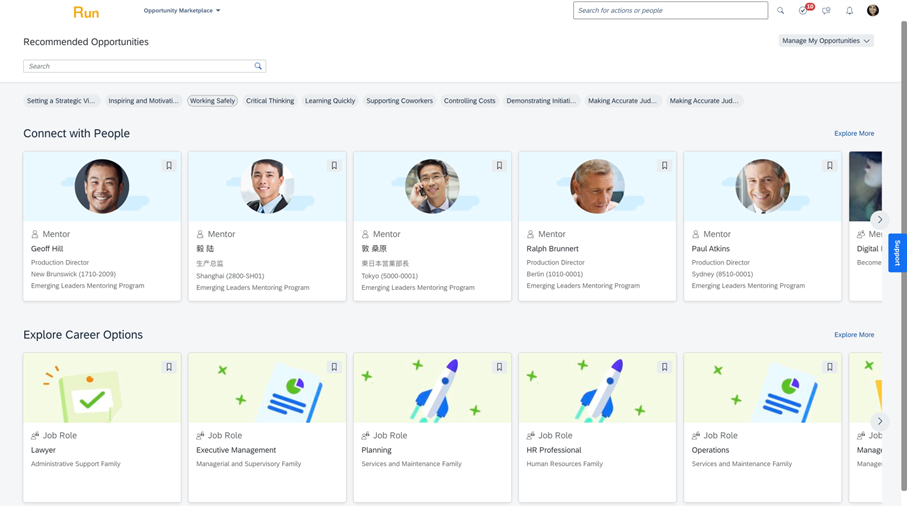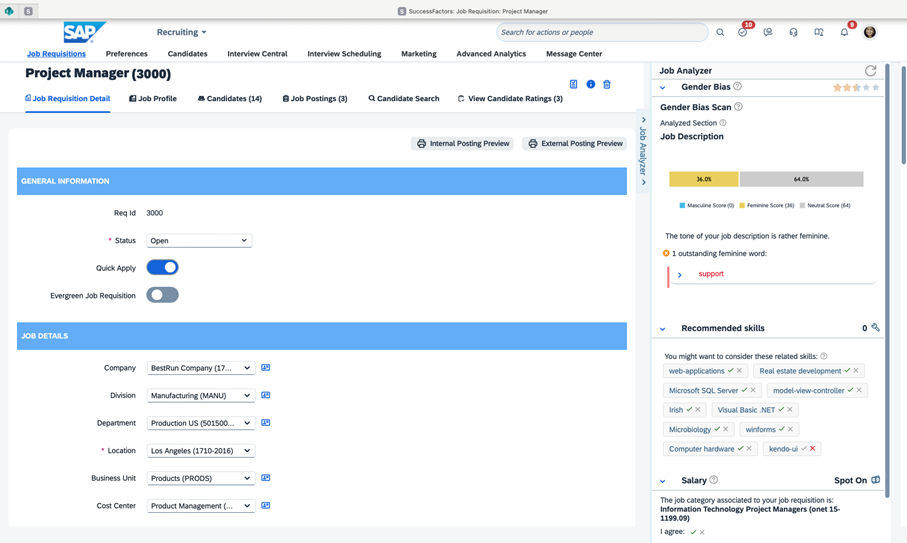In the field of human capital management, the potential of generative AI is immense. According to BCG (Julie Bedard, Katie Lavoie, Renee Laverdiere, Allison Bailey, Vinciane Beauchene, Jens Baier: “How Generative AI Will Transform HR"), the use of artificial intelligence will increase productivity in the following areas:
- recruitment – by 25-50%,
- HR administration – by 25-50%,
- employee performance management (goals, coaching, evaluations) – by 10-25%,
- compensation and benefits management – by 10-25%,
- strategic HR planning – by 10-25%.
SAP is actively working to harness artificial intelligence for HCM processes supported by SuccessFactors. SAP is developing its AI models, but it is also using tools from Microsoft (Microsoft 365 Copilot, Microsoft’s Azure OpenAI) and IBM (IBM Watson).


